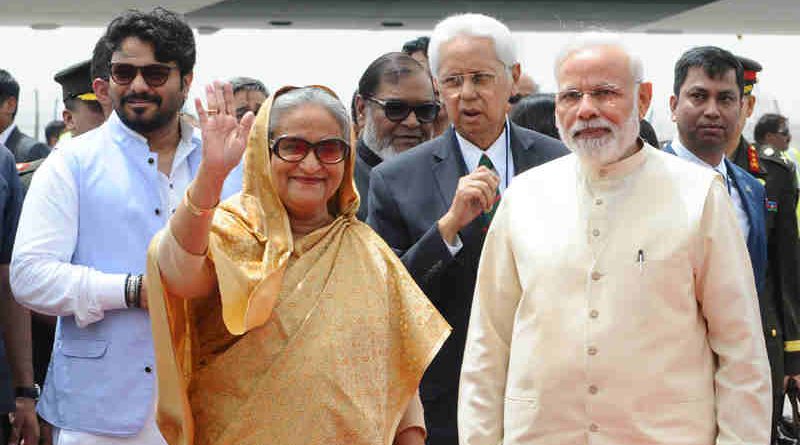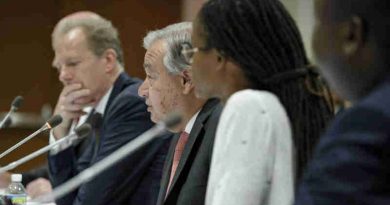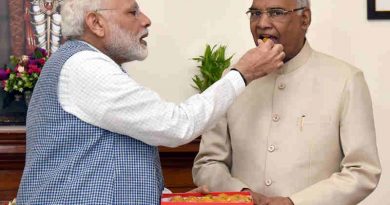India and Bangladesh Must Protect Human Rights: Amnesty

As Indian Prime Minister Narendra Modi and Bangladeshi Prime Minister Sheikh Hasina begin a summit meeting today in New Delhi to bolster bilateral relations, the leaders should also look to address the human rights challenges in both countries, Amnesty International India said today. Prime Minister Sheikh Hasina is on a four-day state visit to India.
“While Bangladesh and India take immense pride in being stable democracies, both countries need to do much more to protect human rights,” said Aakar Patel, executive director at Amnesty International India.
“For starters, India and Bangladesh must stop using abusive colonial-era laws to crack down on free speech. These laws were originally drafted to persecute those who fought for independence in the subcontinent, but shamefully they still find space in Indian and Bangladeshi law.”
Attempts to silence critical media coverage have increased significantly in Bangladesh since 2014. Sedition and criminal defamation laws have been routinely used to harass critical journalists.
Authorities have also used the Information and Communications Technology Act – a vaguely formulated law – to target journalists, human rights defenders, environmental activists, and many who have simply criticised Prime Minister Hasina.
Bangladeshi authorities have also often failed to protect secular activists including independent bloggers who have been targeted by armed groups. Since 2013, at least seven such activists have been killed in brazen and ghastly attacks.
In India, similar laws have been used by various authorities to muffle dissent and public debate. Sedition cases have been filed against people for critical Facebook posts and organising discussions on human rights violations.
Freedom of expression in universities has also come under threat from groups claiming to be preventing “anti-national” activities. Journalists in rural India and those working for small media organisations continue to face serious challenges.
Journalists in Chhattisgarh’s Bastar region face violence and intimidation from self-styled vigilante groups operating with the tacit support of the state. In Jammu & Kashmir, according to Amnesty, media outlets have been forced to shut down by authorities on vague grounds.
“Civil society organizations in India and Bangladesh also unfortunately have to deal with threats to their freedom of expression and association,” said Aakar Patel.
In 2016, Bangladesh passed the Foreign Donations (Voluntary Activities) Regulation Act (FDRA), which requires all foreign-funded NGOs to submit all projects for approval to the NGO Affairs Bureau, which is run from the Prime Minister’s Office.
The Bill also makes it an offence for NGOs to make “inimical” or “derogatory” remarks against the constitution or a constitutional body, without defining either of these words.
The Indian government continues to use the Foreign Contribution (Regulation) Act (FCRA) – which restricts organizations from receiving foreign funding – to harass NGOs critical of the government. In 2016, the government cancelled or refused to renew the licenses of dozens of NGOs without offering valid reasons.
Both India and Bangladesh are also home to large numbers of Rohingya people, many of whom have fled persecution and human rights violations in Myanmar.
“India and Bangladesh also need to work together to address the human rights crisis in Myanmar. They must ensure that the international investigation established by the UN Human Rights Council to look into serious human rights abuses in Rakhine state is able to function effectively,” said Aakar Patel.
Photo courtesy: Press Information Bureau






